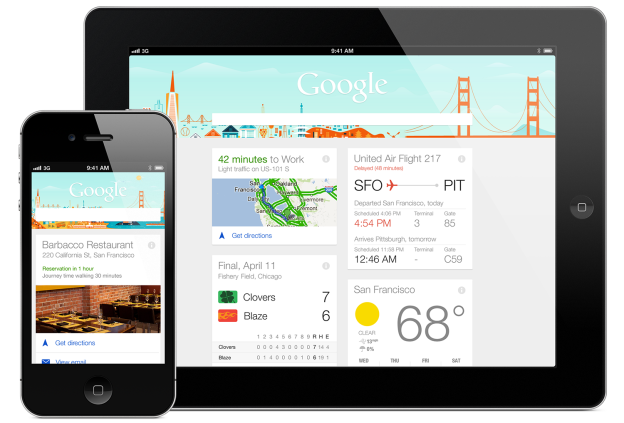
Despite the fact that Android is the mobile platform that dominates the industry, in terms of number of active devices currently in circulation, a new study shows that it’s actually iOS – or iPad and iPhone – that’s responsible for delivering the most Web traffic.
CNET reported earlier today that Gene Munster, an analyst with Piper Jaffray, reviewed 10 of the top 100 mobile Web sites – including Answers.com, Bleacher Report, ChaCha, Dictionary.com, Examiner, Hubpages, LinkedIn, Squidoo, and White Pages — to determine this. The results showed 69 percent of all mobile traffic in April of this year came from iOS devices. Android devices trailed way behind, delivering just 26.5 percent. This was an increase for Apple, which delivered 66.4 percent in March, with Android accounting for 28.7.
We should note that all of this information should be taken with a grain of salt. Again, the study only surveyed 10 of the top 100 mobiles sites, and it only included coverage based in the United States. However, it’s not the only study that has delivered these results. A study by Chitika, a Web analytics firm, last December found iOS being responsible for 67 percent of all mobile traffic, and Android being behind 33 percent.
If Android is the most prolific OS on the market, why does it lag so far behind Apple in delivering Web traffic? Munster has a few hunches. One, he believes that iOS users are far more engaged with their devices than Android users. Another is that, bearing in mind that this survey only included U.S. traffic, where the iPhone is the most popular device, the results could very well be skewed as a result. And finally, these results don’t just include traffic from phones, but also tablets; Munster believes that traffic generated through iPad use likely has a huge impact on the numbers.
It would be interesting to see a similar survey done using a bigger pool of Web sites and including traffic from markets all around the world. But until we see that, these numbers will have to do.

